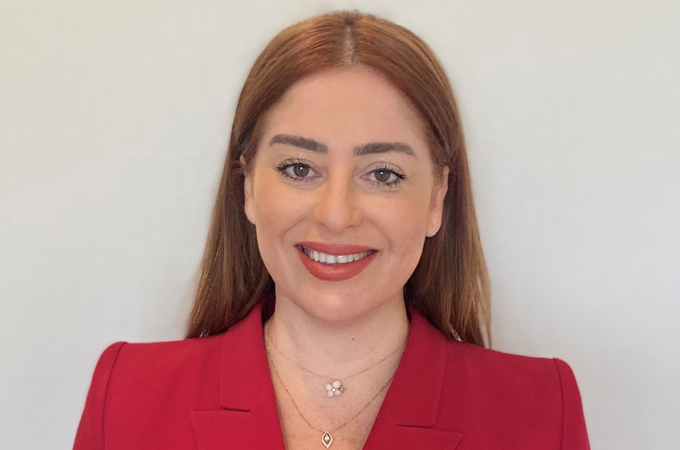Wed, Jun 7, 2023
Investors are increasingly embracing sustainable investing, motivated not only by its ethical merits but also from a risk/ returns perspective, says Rasha Badawi, CEO, Barclays Private Bank UAE, which caters to the investment needs of ultra-high-net-worth individuals in the region.
Badawi, speaking to Arabian Knight’s Sree Bhat, also says that investors are increasingly interested in opportunities in the region.
Excerpts from the interview:
What are the new private investment trends you see in the region?
We have seen clients across the globe increasingly look for investments that are sustainable, with many wanting to allocate funds to ESG/responsible investments as part of their core portfolios. Investors are turning to sustainable investing not just because it is the right thing to do, but also from a risk / return perspective. We´ve seen a growing realisation of the value of sustainable strategies, not as a luxury, but as a fundamental approach to selecting higher quality investments.
We´re also seeing a younger generation of investors, the Millennials, play a more active role in the investment decision making process. This talented and well-educated next generation is increasingly taking part in the decision-making process within their family offices and the institutions they represent.
What are the changes you see since the Covid pandemic?
There is no doubt that the pandemic has hugely impacted the business world and particularly that of events and corporate hospitality. It has forced many companies around the world to reinvent themselves and explore novel ways of conducting business and communicating with both clients and colleagues.
The pandemic also highlighted the crucial role that organisations play in ensuring the wellbeing of all its employees. The safety of our colleagues and clients has always been and will continue to be a priority - meaning we always have to be agile and creative in helping colleagues find the right balance between managing their professional and personal lives.
What do you think are the most promising investment opportunities in the Gulf region at present?
We place important focus on asset allocation and distribution of capital to ensure it is done as broadly and as intelligently as possible - evaluating interesting opportunities. Investing in a variety of asset classes can help minimise any over exposure and help mitigate risk. Within this framework, we consider the Gulf region an important one within the Emerging Markets space, offering a variety of compelling opportunities from an asset allocation point of view.
We’re seeing a significant increase in entrepreneurship activity in the Middle East across various start-ups/sectors - which we pay close attention to.
With the increasing number of projects in the region, especially UAE and Saudi Arabia, are the investments moving into these states instead of the traditional Western markets?
It is true that the region has become more interesting from an investment point of view. We have seen a growing trend from clients who are increasingly interested in investments in the region, this applies to foreign international investors, as well as from investors based in the region.
In recent years, we have seen a number of regulatory changes in the Gulf region. How do these changes impact the private banking industry?
Over recent years, investors’ demands and sophistication has become increasingly more complex and regulators in the region have strived to understand and manage these changes. As the dynamics and clients’ requirements evolve, it is only appropriate that regulatory bodies/regulations match that pace.
How has the rise of fintech and digital banking affected the private banking landscape, and what opportunities or challenges do you see emerging?
The pandemic has made it even clearer that it is crucial for private banks to provide a more engaging and personalised digital experience to clients. We continue to see more and more of our high-profile customers become new users of our digital offering, which we continue to significantly invest into.
Yet, it is important for Private Banks to remain a ‘people business’ at heart, where staff continue to play a fundamental role in putting clients at the centre of everything they do.
The region is investing heavily in renewable energy and sustainability. What opportunities do you see for private investment in these sectors?
We are seeing a lot of traction and engagement with clients around the private market space. These are often looking at solving some form of social or environmental challenge. They may be technologies that create an impact or influence the future where some of this is around climate change. Climate tech is an interesting theme for us and one that could help the transition into net zero.
What role do you see for private banks in supporting economic growth and development in the Gulf region?
Private Banks play an important role in supporting economic growth in the region. Business owners and institutional clients go to Private Banks for their investment solution offerings and accessibility to Private Markets. By helping them with their investment portfolios, and wealth preservation and growth, these UHNW individuals’ aim is to have more money to spend and reinvest, in turn helping their respective nation’s economic growth and cycle.













